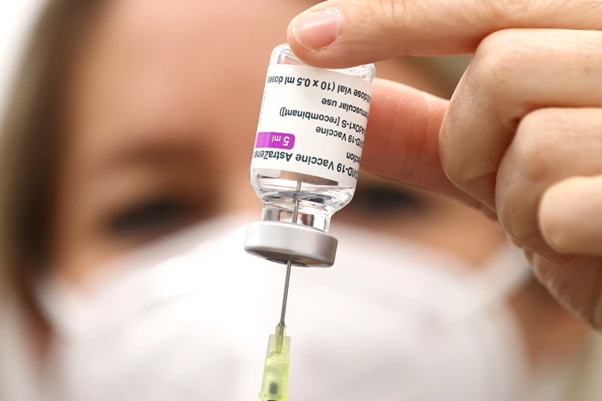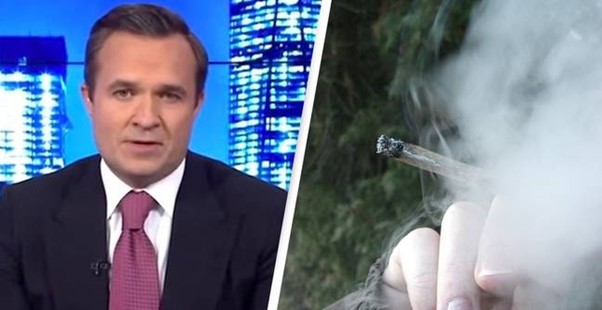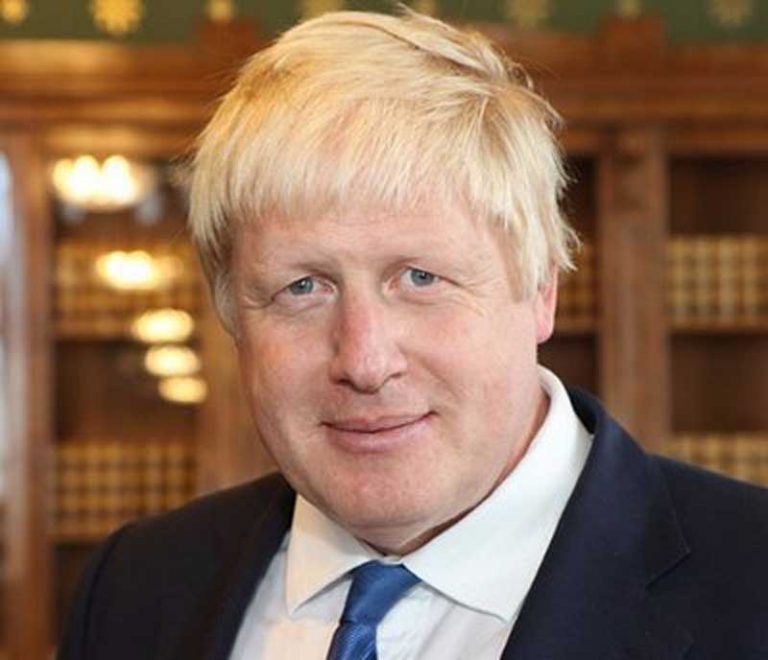![AstraZeneca has been embroiled in controversy over its failure to deliver promised doses to the European Union, and over the jab's efficacy and safety profile [File: Kai Pfaffenbach/Reuters]](https://www.aljazeera.com/wp-content/uploads/2021/03/2021-03-24T135700Z_1304789628_RC2PHM9SM0A7_RTRMADP_3_HEALTH-CORONAVIRUS-GERMANY-VACCINATION.jpg?resize=770%2C513)
The university, which helped develop the embattled vaccine, said in a statement that there were “no safety concerns” in the trial, but acknowledged fears over a potential link to clots by saying that it was awaiting additional data from Britain’s Medicines and Healthcare products Regulatory Agency (MHRA) before restarting the study.
“Parents and children should continue to attend all scheduled visits and can contact the trial sites if they have any questions,” it added.
It is the latest drama to hit AstraZeneca, which has been embroiled in controversy over its failure to deliver promised doses to the European Union, and over the jab’s efficacy and safety profile.
The MHRA is one of many bodies across the globe analysing real world data from the AstraZeneca rollout to see if there is a definitive link between the jab and a rare form of blood clot, after cases were initially reported in Norway and continental Europe.
The MHRA reported over the weekend that there had been 30 blood clotting cases, seven fatal, out of the 18 million doses administered in Britain.
The European Medicines Agency (EMA) said Tuesday it “has not yet reached a conclusion and the review is currently ongoing”.
EU Health Commissioner Stella Kyriakides later said that the agency was expected to make its decision “late Wednesday”, adding that she was in “close contact” with the EMA.
 The trial disruption is the latest blow to the vaccine, once hailed as a milestone in the fight against the pandemic, after several countries restricted its use in light of reports of medical issues after inoculations [File: Kai Pfaffenbach/REUTERS]
The trial disruption is the latest blow to the vaccine, once hailed as a milestone in the fight against the pandemic, after several countries restricted its use in light of reports of medical issues after inoculations [File: Kai Pfaffenbach/REUTERS]‘Benefits outweigh risks’
Britain and the vaccine’s developers have until now resisted any restrictions in its use, saying that there was no proof of any link.
Adam Finn, professor of paediatrics at Britain’s University of Bristol, said that the benefits continued to outweigh the risks.
“We need to know more about the people affected and we need to understand exactly how the illnesses came about,” he said.
“If you are currently being offered a dose of Oxford-AstraZeneca vaccine, your chances of remaining alive and well will go up if you take the vaccine and will go down if you don’t,” he added.
The World Health Organization on Tuesday said there was no reason to change its assessment that the benefits of the AstraZeneca vaccine against COVID-19 outweigh any risks.
Spats with governments across Europe about production, supplies, possible side effects and the vaccine’s merits have dogged the Anglo-Swedish drugmaker for months. SOURCE: NEWS AGENCIES/Al Jazeera








